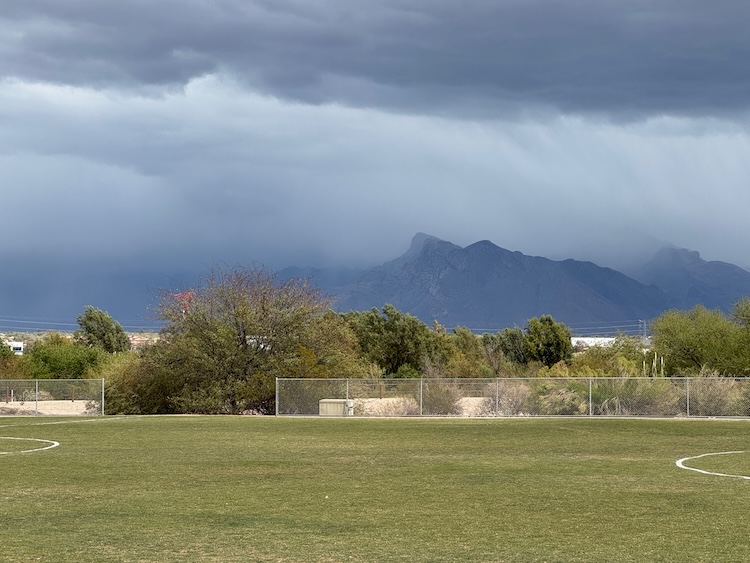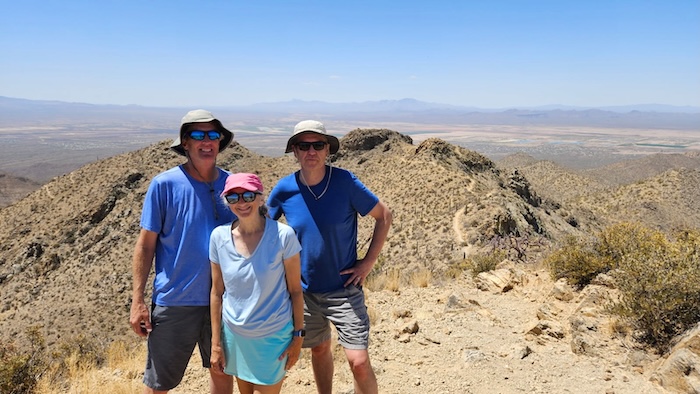
Burnout doesn’t usually arrive with fireworks.
It comes quietly—like a late fee you forgot to pay or a cold creeping into your throat. Subtle at first. A missed run. An unopened book. A skipped writing session. Then suddenly, it’s been a week—or more—and you’re left wondering how you drifted so far off course.
This is a post about that drift.
There are plenty of metaphors for burnout, but the one I keep returning to is heat exhaustion. I’ve trained in the desert. I’ve run through Indiana humidity. And here’s what I’ve learned: push too long without rest, and the crash is inevitable. You can’t power through it. Your body will shut down. Your mind follows.
At the Starbucks I call my home office, I’ve noticed Tucson is a training town. You hear it in the small talk—CrossFit schedules, early morning runs, desert hikes. Recently, I overheard a pair of younger athletes:
“Rest days are for wimps.”
I may have nodded along once, in younger years when pushing through was a badge of honor. But now? I know better.
Rest isn’t weakness. It’s wisdom. It’s a strategy. It’s the pause between notes that makes music—not just relentless sound. That’s why the Pomodoro principle—bursts of focused work followed by rest—feels so counterintuitive, but works so well. It respects rhythm. It trusts recovery.
Much like the traditional Sabbath, rest invites us to embrace our limits. It reminds us: we’re not machines. The best endurance, whether in training or teaching or writing, comes not from constant effort, but from the balance between action and recovery.
That’s what I’ve been learning again.
Because I’ve fallen off before. I’ll fall off again. But this time, I’m noticing the signs sooner. I’m giving myself space to pause—before the crash.

Here’s what I’m trying:
- A skipped day isn’t the end. It’s an invitation to begin again.
- A reset doesn’t mean failure. It means noticing what’s not working.
- A tired body isn’t laziness. It’s information.
Some seasons ask more of us.
Some days drain us faster than expected.
But if we listen—really listen—to the body, to the pace, to the pull of our work and rest, we can begin again. With care. With clarity. With better pacing.
And most of all? I’m learning that growth isn’t about never falling apart—it’s about knowing how to rebuild.
Maybe that’s the real gift of the marathon mindset:
Not the speed—but the staying.
Even when things fall apart.
Even when we do.
We begin again.



So true. Thanks for helping me think about pause. It’s not something that comes easy. I begin.